
What Jobs Are Affected by AI?
Better-paid, better-educated workers face the most exposure
Recommendation
Artificial intelligence (AI) will transform the workplace; the question is how. Until now, estimates of AI’s effects have been commingled with analyses of automation and software impacts. Stanford researcher Michael Webb has found a way to coax out granular answers regarding the potential effects of AI on particular occupations. The method yields scores for exposure level to impact from AI on specific jobs, roles, demographic groups and communities. Senior fellow Mark Muro, research analyst Jacob Whiton and research associate Robert Maxim of the Metropolitan Policy Program at the Brookings Institution report on the Stanford findings in their fascinating white paper.
Summary
About the Author
Mark Muro is a senior fellow, Jacob Whiton is a research analyst and Robert Maxim is a research associate in the Metropolitan Policy Program at the Brookings Institution.








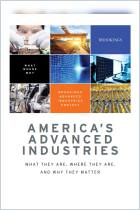
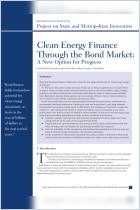
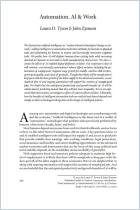
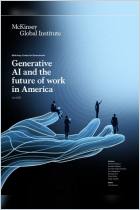
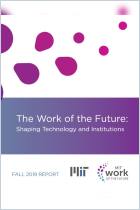
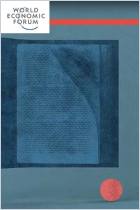


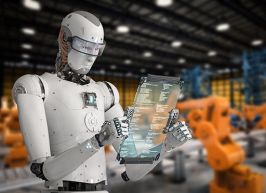
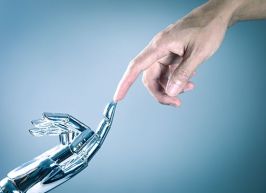


Comment on this summary